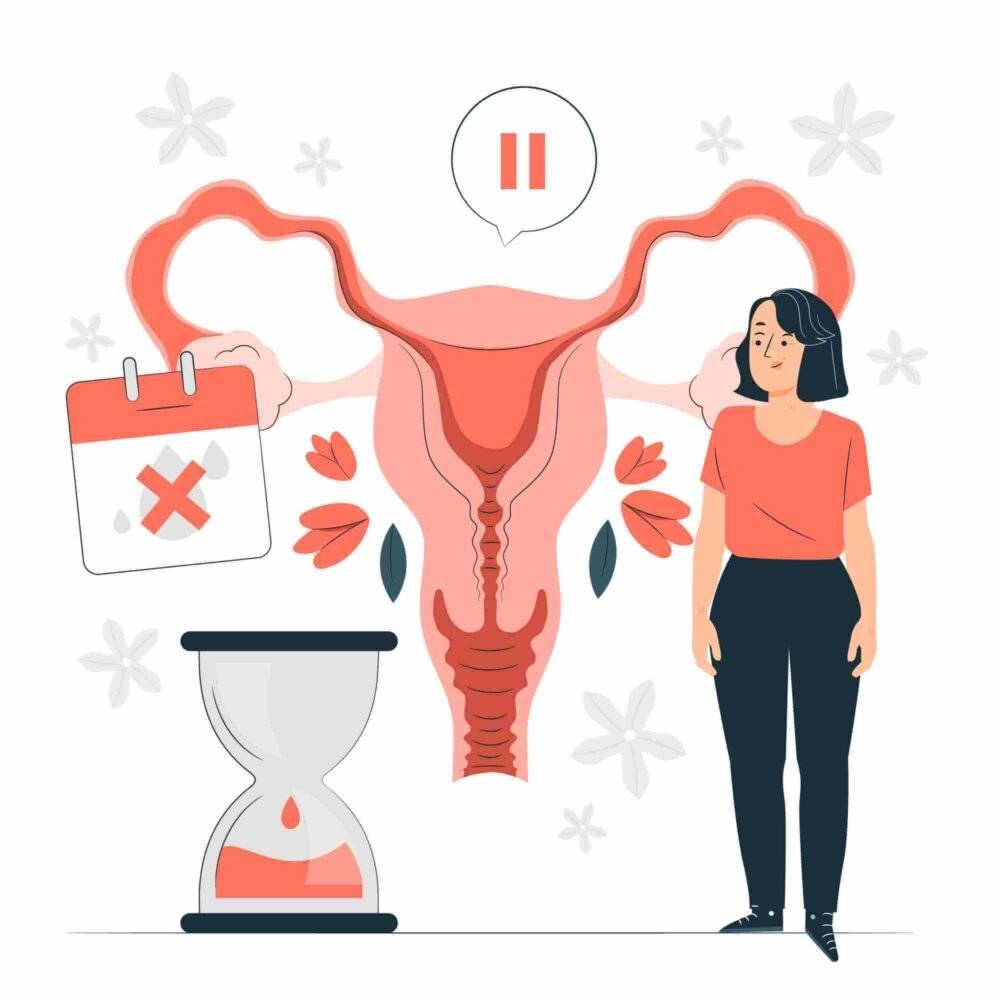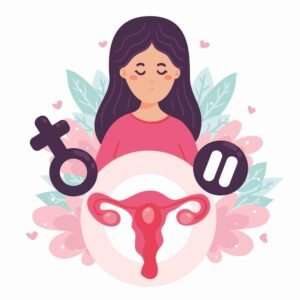
Things to Know About Polycystic Ovarian Syndrome (PCOS)
Polycystic Ovarian Syndrome, or PCOS, is a hormonal condition that affects women during their reproductive years. It is a common disorder and can also affect your periods and fertility.
Polycystic ovary syndrome, or PCOS, is a hormonal disorder that affects women and girls of reproductive age. PCOS may cause several symptoms including menstrual cycle changes, skin changes, baldness, and abnormal hair growth among others. Women suffering from PCOS often have problems with their metabolism too.
Many symptoms of PCOS overlap or indicate other conditions, so women often do not realise they are suffering from this condition until they struggle to conceive and discover infertility. However, it is important to note that not everyone with PCOS struggles with infertility.
PCOS is a life-long condition and may lead to long-term health risks in the future. If left untreated, PCOS can cause serious health issues, including heart disease, diabetes, obesity, endometrial cancer, and infertility.
Let us understand PCOS in detail.
What is PCOS?
Polycystic ovary syndrome (PCOS) is typically earmarked by infrequent periods or by no periods at all. This condition is distinguished by the development of many cysts (fluid-filled sacs) along the outer edge of the ovary. These cysts contain immature eggs called follicles. The follicles fail to release eggs regularly. Women with PCOS have increased levels of androgens, or male hormones such as testosterone, which causes hormonal imbalance.

Now that you know about PCOS and the symptoms it may present, let us walk you through a few things to know about the polycystic ovarian syndrome.
01. It is one of the leading causes of infertility in women.
Many women don’t realise they are suffering from PCOS until they try conceiving and their irregular periods become an actual problem causing infertility. PCOS can affect fertility as you may not ovulate every month. However, many women with PCOS can get pregnant. While it can affect fertility, there are still many steps one can take to combat PCOS and have a healthy pregnancy.
02. Clinical signs can be very different for everyone
The symptoms of PCOS can vary dramatically for different people, with many women not realising they have it at all. The most common symptoms usually are enlargement of ovaries, menstrual irregularities, male-pattern hair growth, acne, difficulty with weight loss and infertility.
03. It is often a diagnosis of exclusion
There isn’t a definitive test to tell you if you have PCOS, so it can be difficult to diagnose. Instead, tests are used to rule out other possible conditions that can cause similar symptoms. Often, you would have to go through a systematic evaluation to get a diagnosis.
04. No one knows what causes PCOS
The exact cause of the polycystic ovarian syndrome is not entirely known. Factors that might play a role include:
-Insulin resistance
-Low-grade inflammation
-Heredity
-Excess androgen
05. There is currently no cure for PCOS
Polycystic ovary syndrome (PCOS) is treatable but unfortunately, it is not curable and it does not go away on its own. However, the condition can be managed with lifestyle changes, medications, supplements, and routine check-ups.
06. PCOS is linked to other health problems
Research studies have shown that there may be a link between PCOS and other health problems such as diabetes, heart disease, high blood pressure, anxiety, and insomnia.
Conclusion
PCOS can disrupt a woman’s monthly cycle and make it harder to get pregnant. High amounts of male hormones can also lead to unwanted symptoms such as hair growth on the face and body.
Lifestyle interventions are the first line of treatment doctors recommend for people with PCOS, and they often work well. In many cases, weight loss can treat PCOS symptoms and improve the odds of getting pregnant. Diet and exercise are two effective ways to get to a healthy weight.
Medications or surgery may be recommended by your doctor if lifestyle changes do not work and you are struggling to conceive.
Struggling to manage Polycystic Ovarian Syndrome or PCOS? Consult Dr. Neha Gupta, a renowned Gynecologist in Noida.